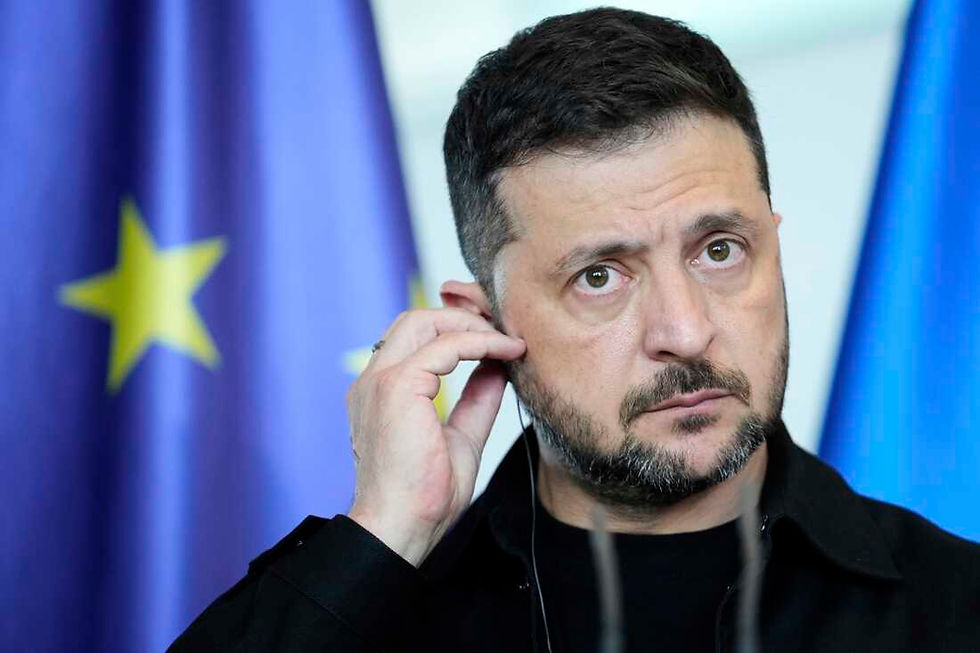Asian Games halted as China struggled with COVID-19
- Worldopress Desk
- May 9, 2022
- 3 min read

The Asian Games, which were due in September in the Chinese city of Hangzhou, have been halted because of Covid, with new dates to be declared “shortly,” organizers let out on Friday. The Games were planned to be carried from September 10 to 25 but have been postponed as China attempts to stamp out a large regeneration in infections in several portions of the country. Hangzhou lies less than 200 kilometers from the country’s biggest city Shanghai, which has undergone a weeks-long complete lockdown due to the governing Communist Party’s zero-tolerance strategy for the virus.
The Olympic Council of Asia (OCA) announced that the ruling to halt “was put forward by all the stakeholders after deliberately evaluating the pandemic condition and the extent of the Games.” The Asian Games generally captivate more than 10,000 athletes from across the country. The World University Games planned to commence next month in Chengdu and already halted from last year, have also been deferred again until 2023. Organizers confessed the previous month that Hangzhou, a city of 12 million in eastern China, had completed designing 56 competition platforms for the Asian Games and Asian Para Games.
They demonstrated that they intended to hold the tournament under a virus management plan that “learns from the successful experience” of the Beijing Winter Olympics, which were carried out in February in a rigorous Covid secure and safe bubble. Hangzhou was stabilized to become the third city in China to conduct the continental tournament after Beijing in 1990 and Guangzhou in 2010. Some events were expected to be held in other local towns, including Wenzhou, Ningbo, Huzhou, Jinhua and Shaoxing. Taiwan’s genius weightlifter Kuo Hsing-Chun, a gold medalist winner at the Tokyo 2020 Olympics—which were nudged back to last year by the pandemic-like condition— informed AFP she had already acknowledged the latest disturbance. “With the coronavirus eruption getting more and more severe (in some places), I was more or less mentally ready for this,” she confessed.
Still, some national Olympic bodies grumbled about the effect the holdup would have on their contestants. A delay was “not reasonable for the athletes,” Rajiv Mehta, secretary of the Indian Olympic Association, confided to AFP. “The athlete will be aged by a year. Your method changes.” The OCA also proclaimed that the Asian Youth Games, planned to be carried out in December in the Chinese city of Shantou, would be discontinued having already been deferred once. Almost all international sport has knockdown down to a halt in China since COVID rose in the Chinese city of Wuhan in late 2019. The Beijing Olympics was an anomaly, but it was carried out in a “closed-loop” with everyone inside it—encompassing athletes, staff, volunteers and media— accepting daily COVID tests and not authorized to experiment in the wider city or have a connection with the public.
China has sternly glued to its zero-COVID policy, exacting strict lockdowns, mandatory quarantines and mass testing's even while other countries begin to reopen. Hangzhou last week reinforced virus constraints after recording a handful of cases, decreeing around three-quarters of its population to get checked every 48 hours to access permit to public spaces and transportation. Beijing has been trumpeted the zero-Covid technique as evidence that it respects human life above material interests and can stave off the public health problems seen in many Western countries.









Comments